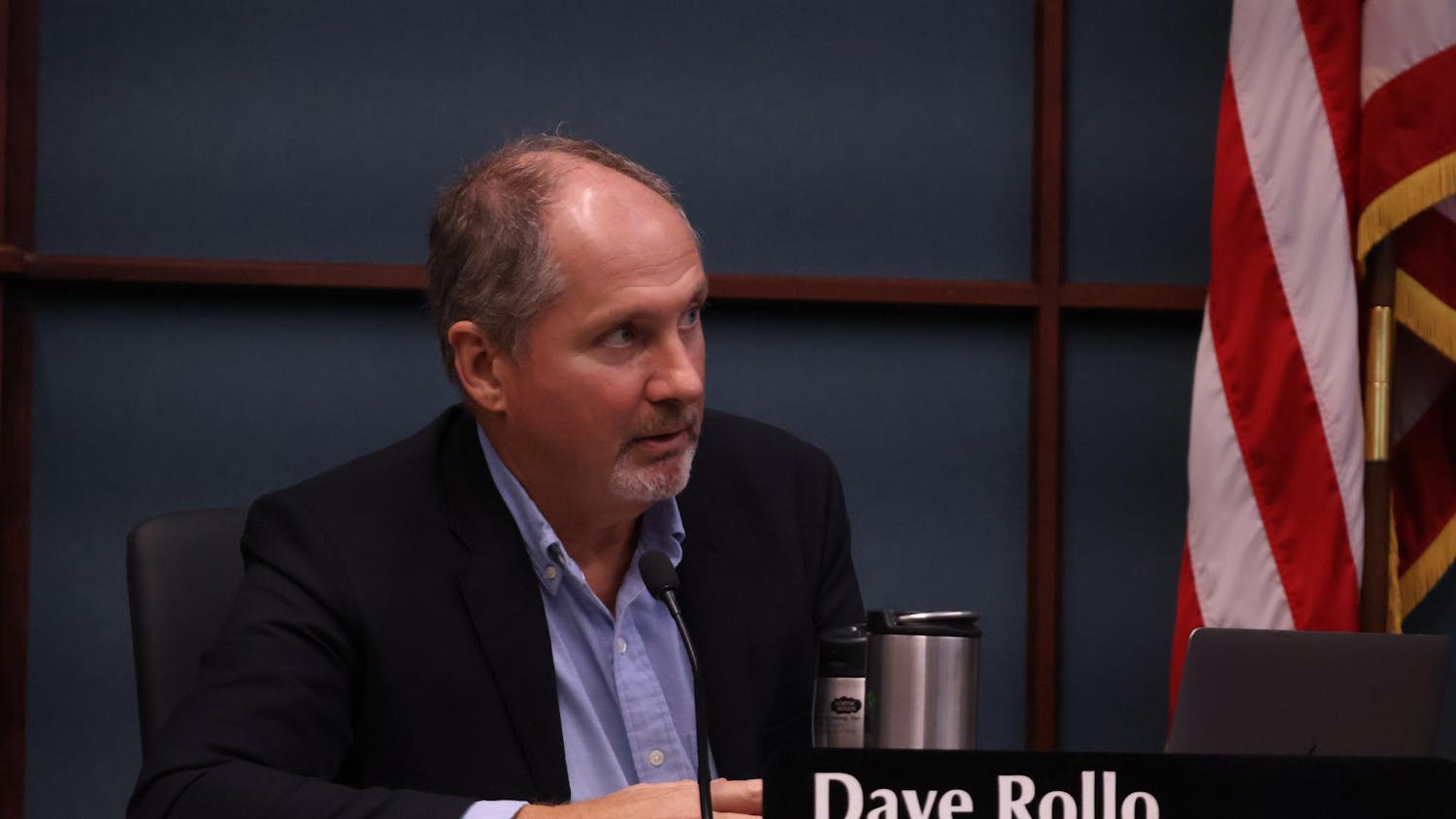KOENIGSWINTER, Germany -- Afghan factions meeting to work out a post-Taliban government moved Thursday toward agreement on an interim administration to run the country, and the northern alliance dropped its objection to an international security force to secure peace there. \nYounus Qanooni, the leader of the alliance delegation at the talks, said the group will not oppose an outside force during an interim government, but added that such a force was not needed at present. \nQanooni had said a day earlier the alliance, which holds power on the ground in Afghanistan, rejected a United Nations' proposal for an international security force in Afghanistan, insisting that there was a force already in place to safeguard peace - theirs. \nBut he said Thursday that once a transitional administration is established, and the need for an international force "is inevitable," the alliance wouldn't oppose one, he said. \nThe United Nations said earlier Thursday that the four Afghan factions at the U.N.-sponsored talks in Bonn, Germany, were moving toward a formula for a temporary, two-body power-sharing formula that would run the country until a traditional, national council can be convened in Kabul to make longer-term decisions. \nThe proposed provisional administration would have two bodies: one with executive powers and another, larger assembly with a parliamentary-like role. Fawzi said the executive branch would have 15 to 25 members and the larger assembly up to 200. \nThe northern alliance on Thursday said it had agreed with the former Afghan king's delegation, the other main faction at the talks, on a formula for the smaller, executive council. \nThe northern alliance said it had agreed with the ex-king's side that the executive council would have 42 members, with 21 members each from the northern alliance and delegation of former King Mohammad Zaher Shah. \n"This is an important breakthrough because had it not come through these talks would have bogged down, but now they have a focus," said Mohammad Hussin Bakhshi, an aide to northern alliance delegate Mohammad Natiqi. \nBut U.N. spokesman Ahmad Fawzi cautioned that a complete deal had yet to be sealed, partly because the two smaller exile groups also at the table have other proposals. They are all meeting at a luxury hotel near Bonn. \n"Over the last 24 hours there has been a fine-tuning of the positions but we are still not there," Fawzi said. "There is some very hard work going on. There is a determination to achieve something in Bonn." \nDelegates were "making headway" in drafting lists of proposed delegates to the two bodies, Fawzi said. \n"There is almost agreement on the size of each group," he said. "But we're not there yet." \nThe provisional government is envisaged as giving Afghanistan an initial measure of stability and setting the stage for a traditional council of tribal elders to meet in March. U.N. mediators are pressing for a deal by Saturday.
\nHowever, the precise numbers remained in flux. \nOn the topic of security, the northern alliance was moving closer to the positions of the other three delegations, which favor a neutral foreign force. Qanooni said Afghans would prefer a foreign force drawn from Islamic countries. \nThe northern alliance's Bakhshi said some provision may be made for representation from the two smaller delegations at the talks, exiles based in Peshawar, Pakistan, and in Cyprus. \nThe delegations will work on lists of names during further talks Thursday. \nBut the two larger groups were in disagreement over whether the representation would be decided based on the population of Afghanistan's 28 provinces or if it would be based on the nation's ethnic makeup, he said. \nFatima Gailani, a member of a Peshawar delegation, also spoke of progress at the talks. \nDiplomats say all sides broadly agree that the popular ex-king, exiled in Rome since his 1973 overthrow, should have a symbolic lead role in overseeing an initial interim administration. \nBut Fawzi said the sides had yet to agree on that point, too. \nThe four delegations were to meet with U.N. envoy Lakhdar Brahimi in a working session Thursday afternoon. \nThe conference at a secluded hilltop hotel near Bonn, now in its third day, is meant to guide Afghans toward first steps toward a new multiethnic government that would bring stability and peace to the war-battered country. \n"If we had not turned out backs on Afghanistan 10 years ago, we would not be sitting here today," Fawzi said Thursday. \n"The Afghan problem has never had so much attention and will never again have such great attention," he said. "If we don't seize this opportunity it will be a very grave mistake"



